Best Financial Planning Books for Sales Professionals

"Most people don’t plan to fail—they fail to plan."
This is especially true in sales.
Being in sales means riding the highs of big commissions and weathering dry spells. One month you’re flush, the next you’re in famine mode. That’s why traditional personal finance advice doesn’t cut it for sales professionals.
You need books that speak to the realities of variable income, commission checks, and the pressure to make every month count.
About a decade ago I came to the conclusion that I simply needed to know what I didn't know if I was going to get the results in life I wanted. I realized that by reading just 10 pages a day that I could complete one book every month.
I started devouring anything related to finance, sales, business, and self development that would give me the edge I was looking for.
In this guide, we’re diving into the best financial planning books tailored to salespeople—from managing inconsistent cash flow to building long-term wealth.
What you'll learn
- Handpicked books that address variable income and sales lifestyle
- Key takeaways from each book
- How each book applies to real-world sales careers
- Bonus recommendations for motivation, habits, and sales psychology
Must-Read Financial Planning Books for Commission-Based Income
Look, I can't claim I've read every finance book out there, but I've read a ton of them, and most are garbage for people with irregular income. But these four? They actually get it.
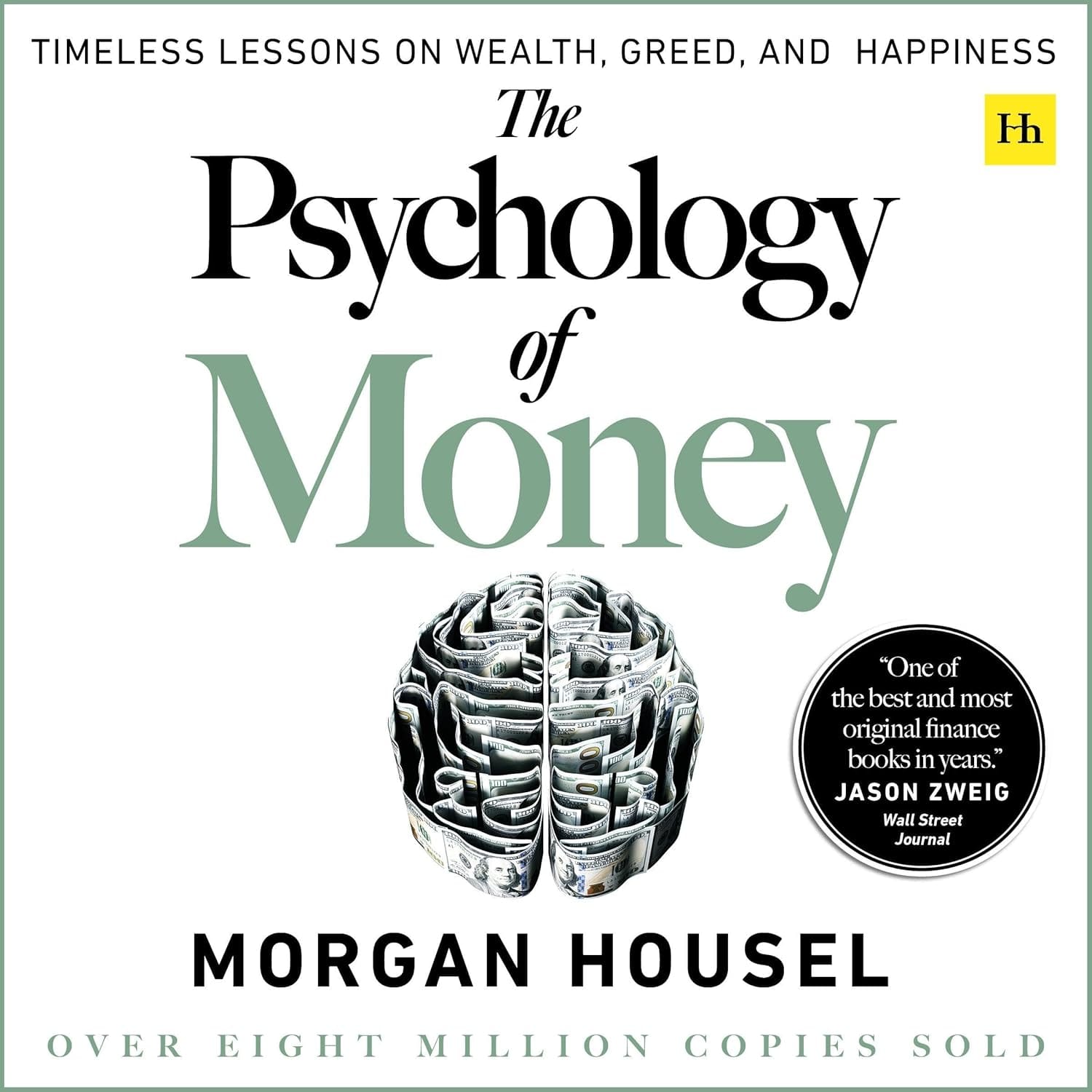
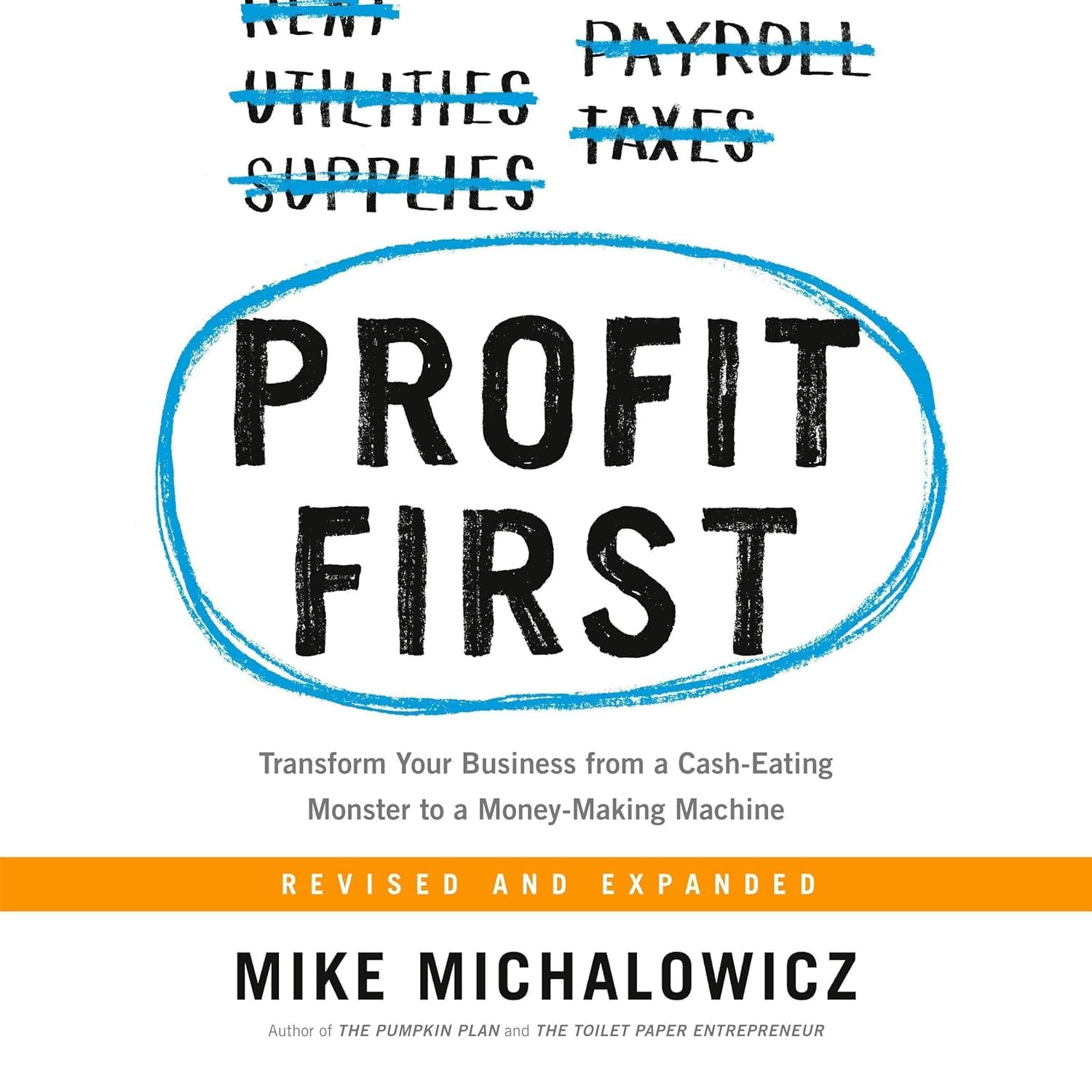
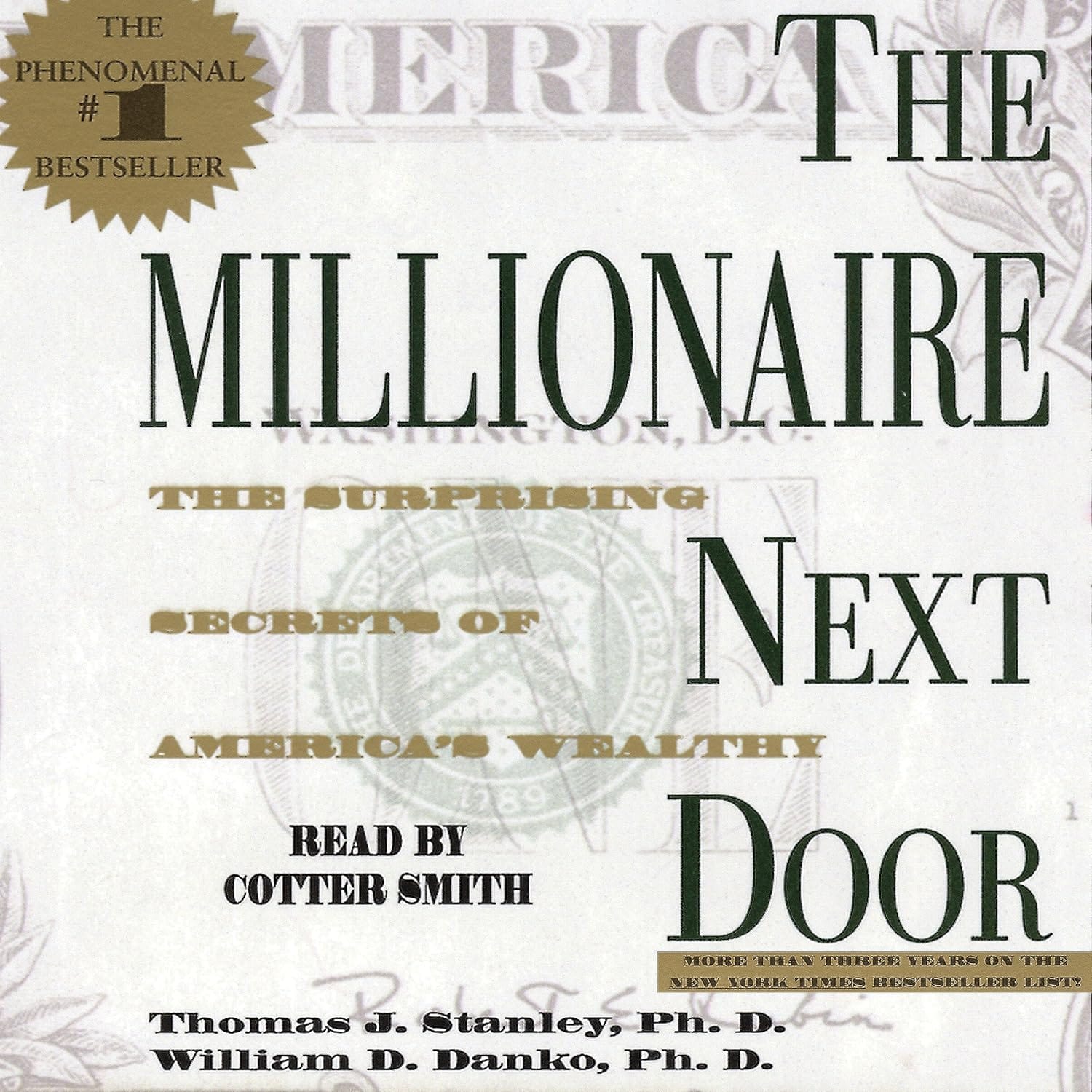
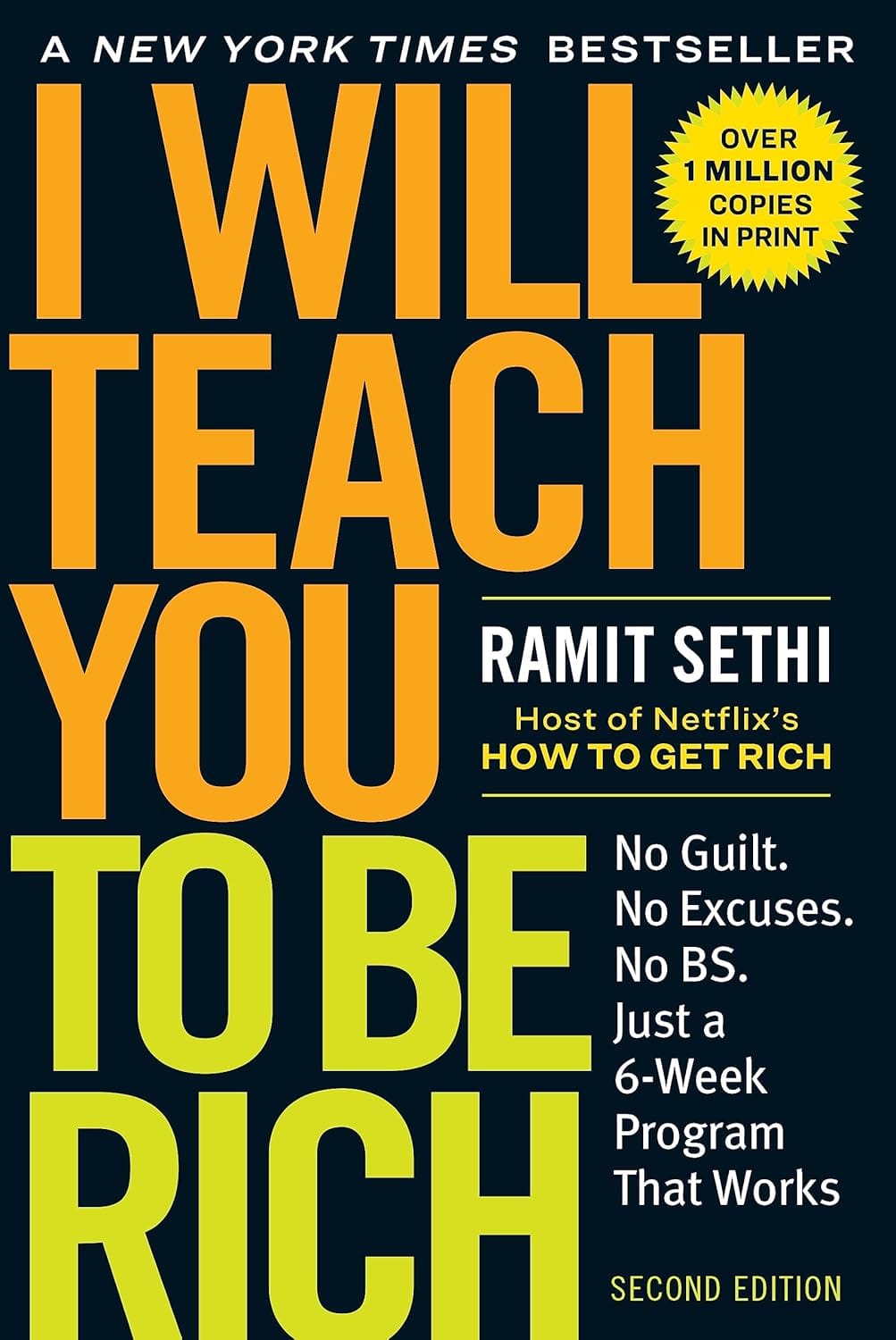
"The Psychology of Money" completely shifted how I think about money decisions. Housel nails it - your behavior matters way more than knowing compound interest formulas by heart.
Investments typically work, investors don't. Learn to manage yourself before managing money.
"Profit First" became an absolute game changer for me. I adapted Michalowicz's principles to my commission structure and managed to pay off my house in just 16 months. The key was treating profit like a non-negotiable expense first, not what's leftover.
"The Millionaire Next Door" opened my eyes to what real wealth looks like. These folks aren't driving Lambos or posting mansion pics on Instagram. They're your neighbors with humble beginnings, living below their means in surprisingly normal houses.
That hit different when you're used to seeing flashy "success" everywhere which are the outliers, not the norm.
"I Will Teach You to Be Rich" gave me some super practical reminders I'd honestly forgotten. Like seriously - if your emergency fund isn't in a high-yield savings account earning at least 4%, you're literally losing money to inflation.
Sethi's approach is perfect for younger earners who want actionable steps, not theory.
Books That Help Salespeople Build Wealth Long-Term
Being in sales for about a decade taught me one brutal truth - most of us are terrible at managing irregular income. We blow through fat months like there's no tomorrow, then panic when things get tight.
The trick is saving 40-50% during those killer months. Yeah, it sucks watching friends spend freely while you're stashing cash away. But trust me, being broke during a slow season sucks way more.
You'll sleep better knowing you've got 6 months of expenses covered when that dry spell hits.
For investing, dollar-cost averaging is your lifeline. Set up automatic transfers on the 1st and 15th - doesn't matter if you just closed a huge deal or had a rough week. Consistency beats timing every single time.
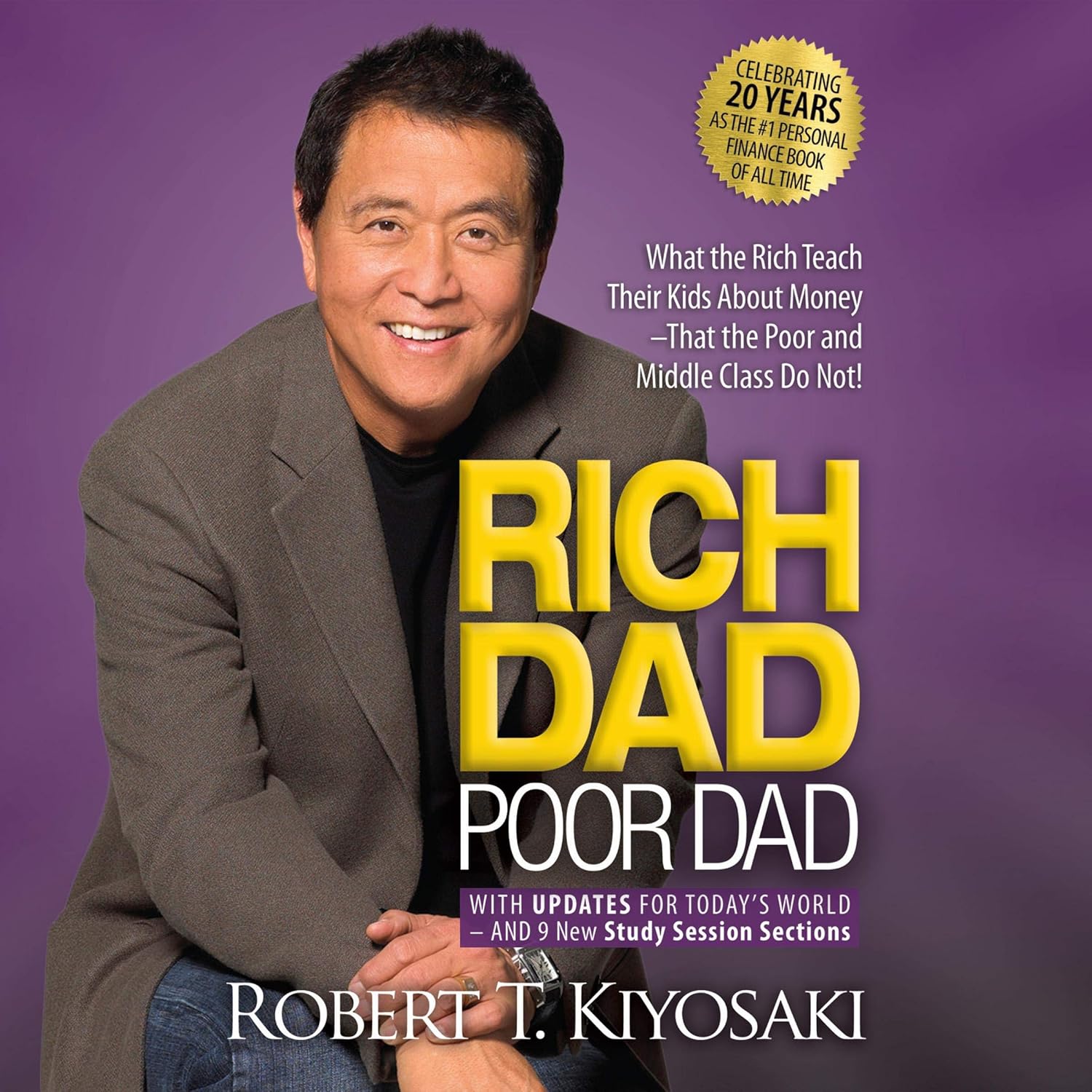
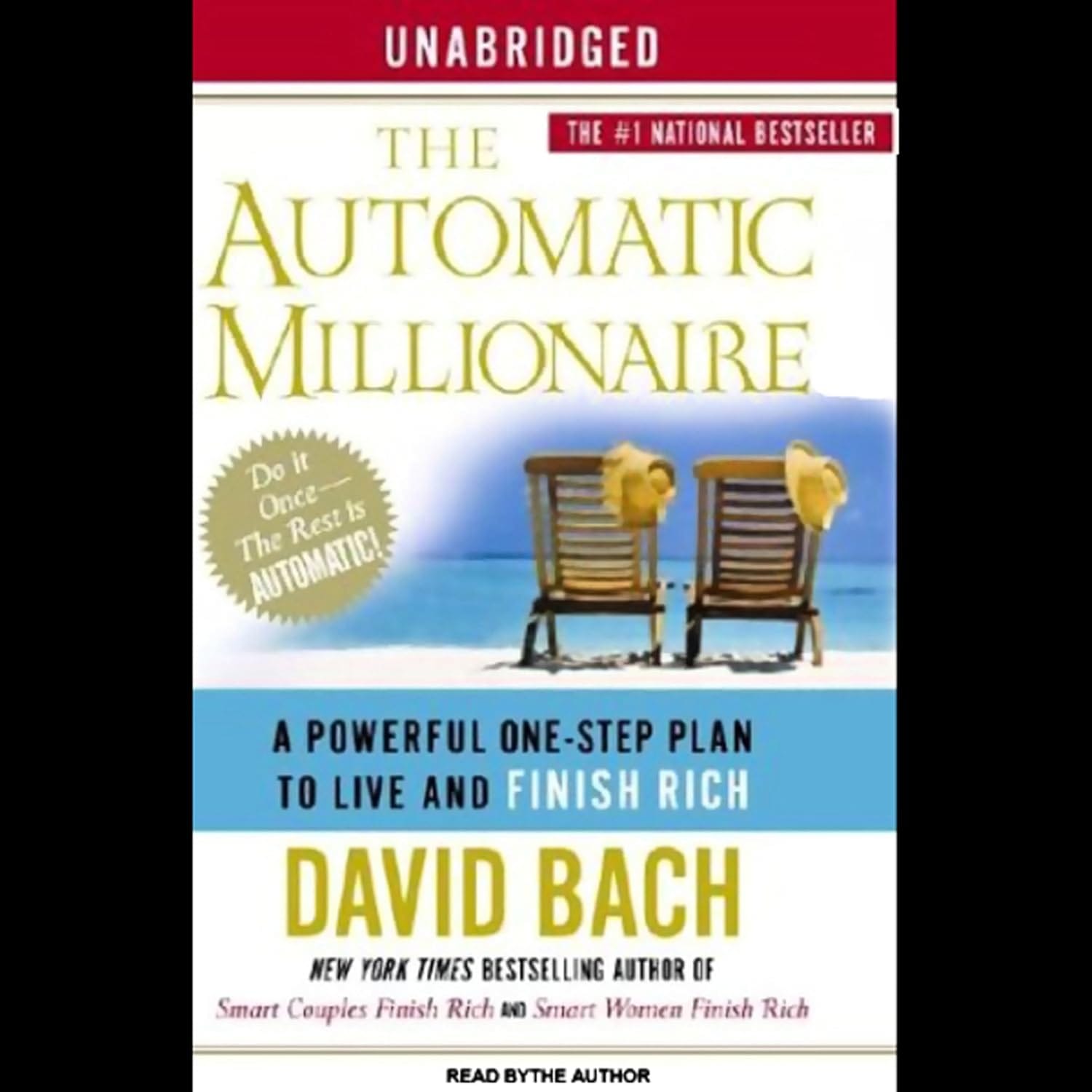
"Rich Dad Poor Dad" really opened my eyes to the behavioral patterns between being wealthy versus just earning well. Kiyosaki shows how rich people think about money as a tool, while poor people see it as something to spend. That mindset shift was huge for me.
"The Automatic Millionaire" hammers home how small amounts over long periods create massive results through automation. Bach proves that paying yourself first isn't just some motivational fluff - it's mathematics. Setting up those automatic systems removed the temptation to "just skip this month."
Use your commission spikes strategically. Attack high-interest debt first, then funnel excess into index funds.
The goal isn't just surviving sales - it's building real wealth that works without you.
Managing Variable Income Like a Pro
Here's what even most financial advisors don't understand - variable income isn't a weakness, it's just a different game with different rules. And once you master those rules, you'll have more financial flexibility than your 9-to-5 friends ever will.
The secret weapon? Building your baseline budget from your lowest month in the past two years, not your average. This isn't about being pessimistic - it's about creating unshakeable financial confidence.
When you know you can thrive on your worst month's income, every other month becomes pure opportunity.
Smart salespeople treat fixed expenses like kryptonite. I keep mine under 20% of my worst-case scenario, which means during those killer months, I've got serious cash flow to work with. Your car payment and mortgage shouldn't dictate your stress levels.
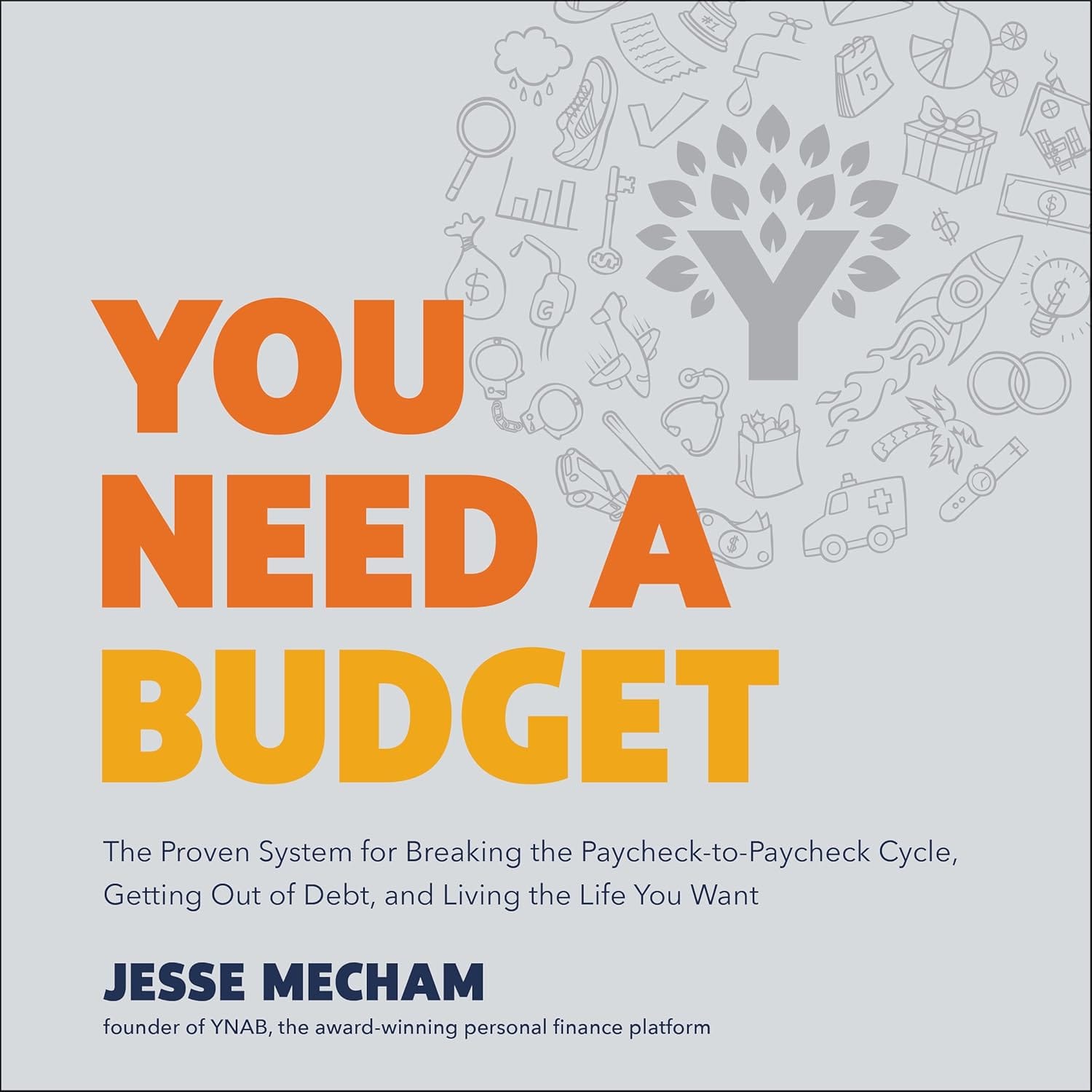
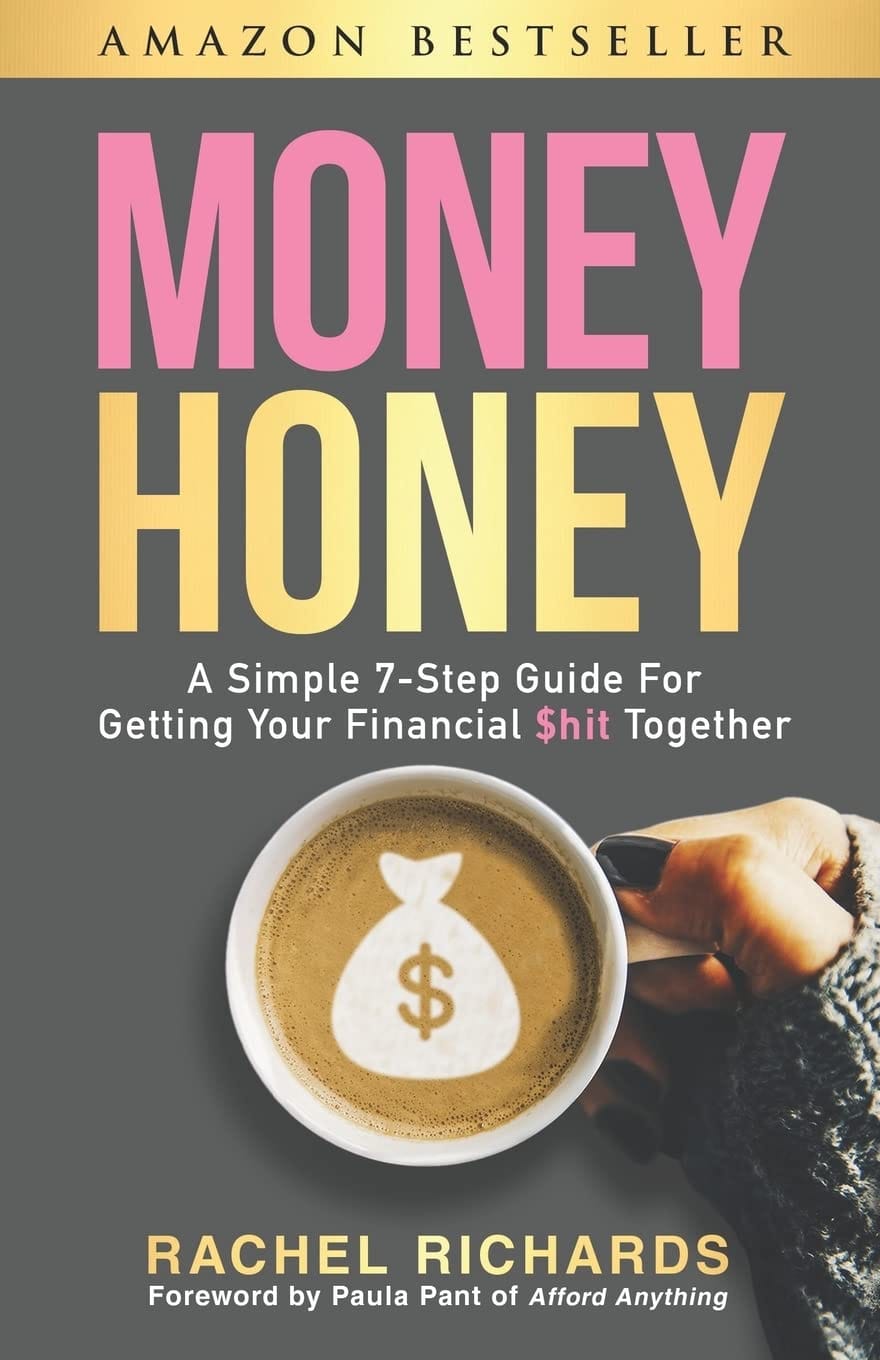
"You Need a Budget" and the YNAB method completely changed how I think about irregular income. Mecham's approach of giving every dollar a job before you spend it? That's gold for commission earners. Instead of wondering where your money went, you're telling it where to go.
"Money Honey" by Richards breaks down the psychology behind our spending patterns in a way that actually empowers you. Her buffer fund strategy has saved my butt more times than I can count.
The key is building those buffer funds during good months so you're positioning yourself for success when things get tight.
Motivational and Mindset Books That Reinforce Financial Discipline
Sales and money management are both 80% mental game, 20% tactics. You can have the perfect budget spreadsheet, but if your head isn't right, you'll still blow your commission checks on impulse buys.
Building delayed gratification is like training a muscle - it gets stronger with practice.
I used to reward myself with expensive dinners after every decent sale. Now I celebrate with experiences or investments that actually grow my wealth. That shift didn't happen overnight.
The move from scarcity to abundance thinking was huge for me.
Instead of "I can't afford this," I started asking "How can I afford this?" That small change opened up creative income streams I never considered before.

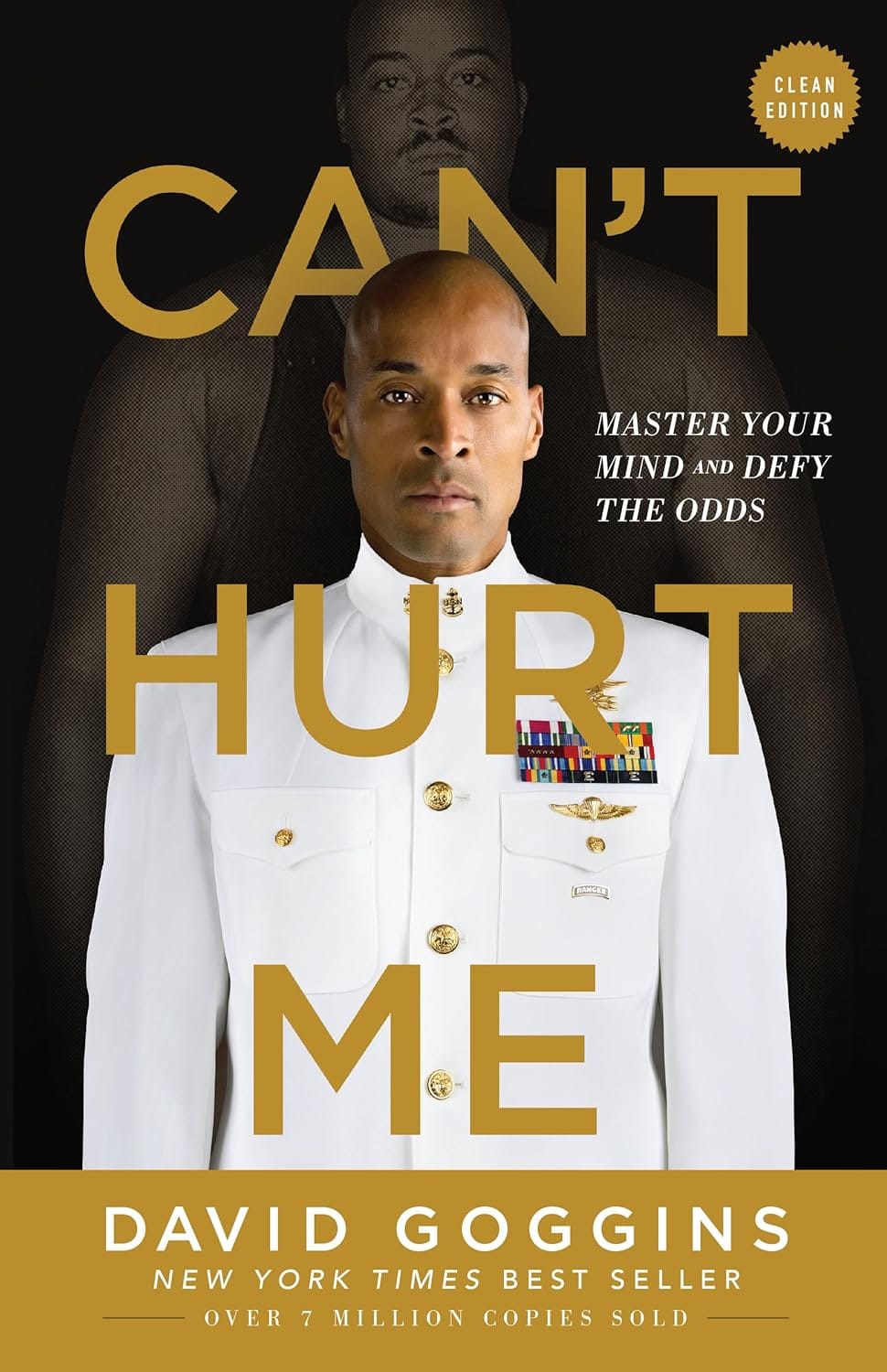

"Atomic Habits" really broke down the simple steps to create new habits and break destructive ones. Clear's 1% better approach works perfectly for financial discipline - small, consistent actions compound into massive results over time.
"Can't Hurt Me" reminded me that you can have the best plan and system in the world, but you've still gotta put in the work even when everything seems dark. Goggins doesn't sugarcoat it - discipline beats motivation every single time.
Plus, it'll make you want to run across the country and do a 1,000 push ups.
"The Slight Edge" shows how those tiny daily choices either build wealth or destroy it. There's no neutral ground.
Bonus Picks: Sales-Focused Books That Support Financial Success
Your earning potential is directly tied to your sales skills - period. Every conversation technique you master, every objection-handling method you perfect, that's money in your pocket.
These books aren't just about selling better, they're about creating the income streams that fund your financial goals.

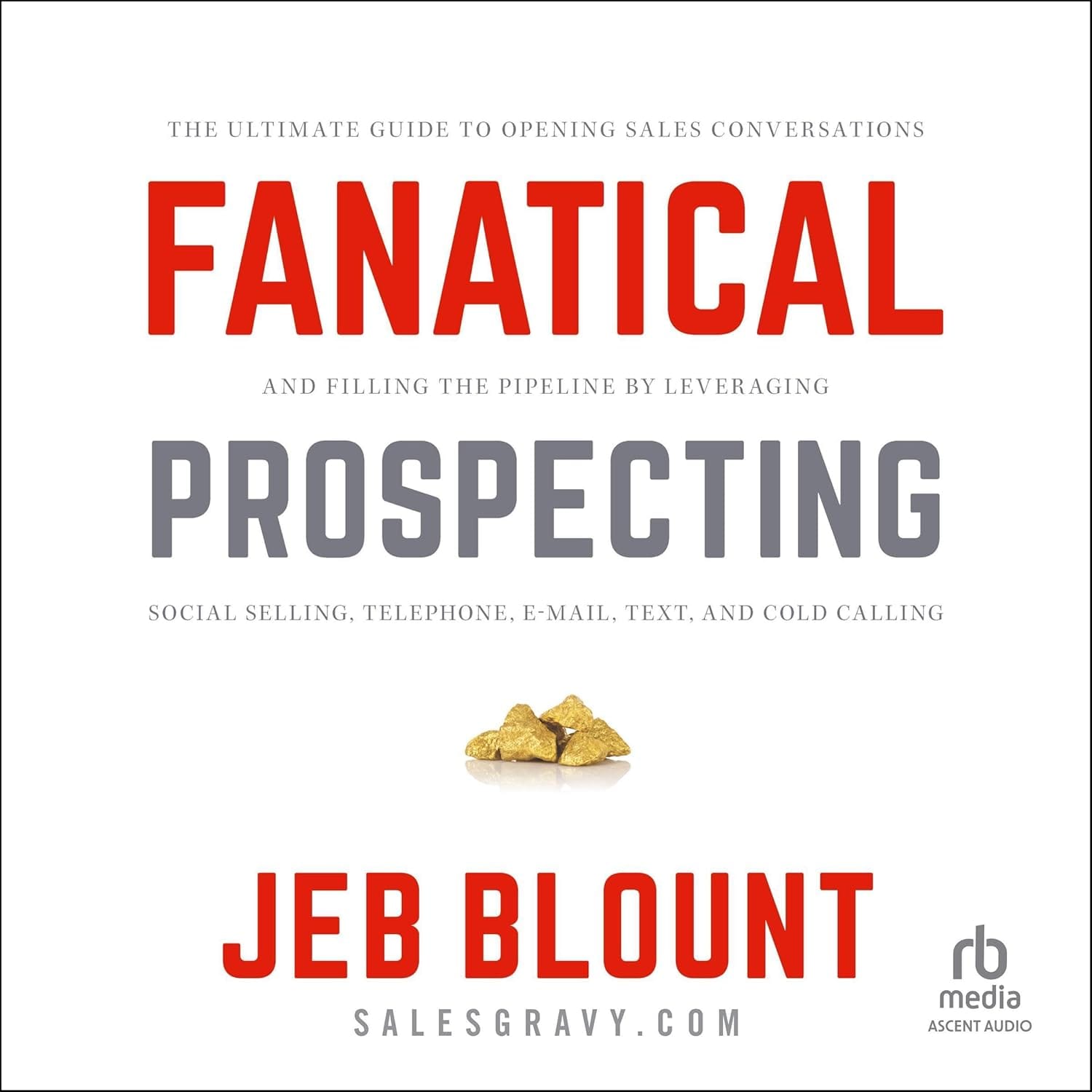

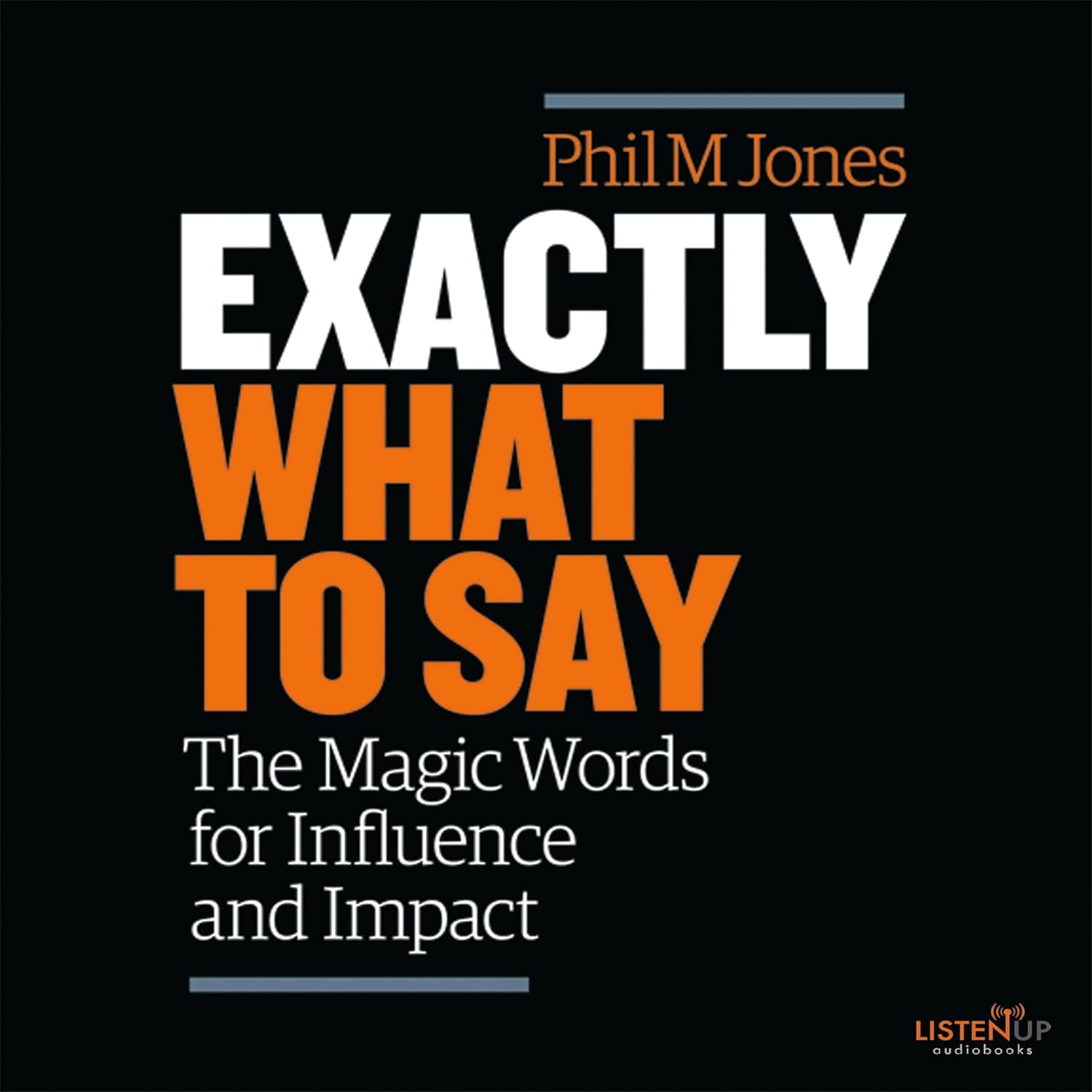
"Sell or Be Sold" - look, I don't always resonate with Grant Cardone's over-the-top style, but he's got some solid points scattered throughout. His persistence mindset has definitely helped me push through rejection streaks that used to derail my income for weeks.
"Fanatical Prospecting" by Blount is pure gold for anyone struggling with pipeline consistency. More prospects equals more opportunities equals more commission checks. Simple math that most people overcomplicate.
"How to Win Friends and Influence People" is packed with practical reminders on connecting with people - which is literally everything in sales. Carnegie's techniques for making people feel heard and valued? That translates directly into higher close rates and repeat business.
"Exactly What to Say" gives you those magic phrases that actually work in real conversations. Jones breaks down the psychology behind why certain words trigger buying decisions while others kill deals instantly.
Better sales skills mean bigger paychecks. Bigger paychecks mean faster wealth building. It's really that straightforward.
How to Get the Most From Financial Books as a Sales Pro
Reading finance books for entertainment is expensive therapy. You need to treat these like training manuals - study them, implement the strategies, and track your results.
I keep a simple notebook where I write down 2-3 actionable takeaways from each book. Not fancy insights or motivational quotes - specific steps I can implement within 48 hours. If I can't find at least two practical applications, the book wasn't worth my time.
Building systems is where the magic happens. After reading "Profit First," I didn't just nod along - I opened separate accounts that same week and automated the transfers. Your good intentions mean nothing without automated execution backing them up.
My weekly "money meeting" happens every Friday at 8 AM with coffee and my laptop. Twenty minutes reviewing expenses, checking savings goals, and planning the upcoming week's financial priorities.
Sounds nerdy, but this habit has probably saved me thousands in impulse purchases and missed opportunities.
Audiobooks during drive time between appointments? Game changer.
I've probably absorbed more financial education during windshield time than most people get in college business courses. Jeb Blount's voice coaching me on prospecting while Carnegie's teaching relationship building - that's productive multitasking.
The key is treating your financial education like continuing education for your sales career. Both directly impact your income potential.
The best investment a sales professional can make isn’t in crypto, stocks, or even real estate—it’s in financial education. These books are more than reading material; they’re lifelines for building stability in an unpredictable career.
Whether you're just starting out or hitting six figures in commissions, the right book can change your entire trajectory.
Grab one, start reading, and most importantly—take action.